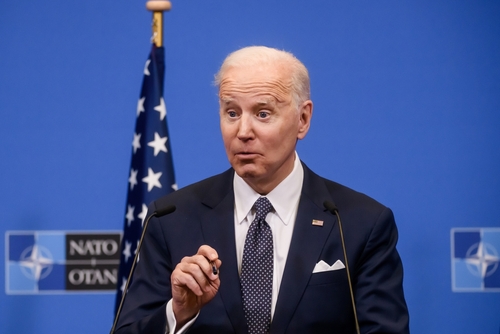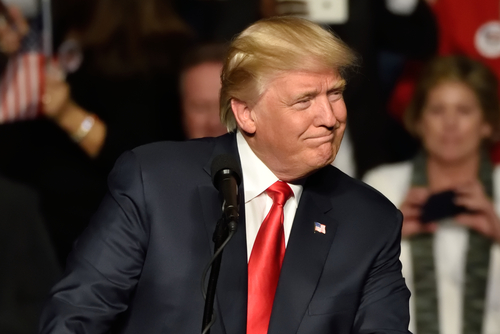
Britain’s Rising Prices Hit Families’ Food And School Costs
Listen To Story Above
Britain faced an unexpected surge in inflation last month, with the annual rate climbing to 3.0 percent from December’s 2.5 percent, creating additional challenges for Prime Minister Sir Keir Starmer’s Labour administration as it grapples with economic stagnation.
The Office for National Statistics (ONS) data showed several factors contributing to the inflation spike. According to Grant Fitzner, chief ONS economist, “The rise was driven by air fares not falling as much as we usually see at this time of the year.” He further noted, “After falling this time last the year, the cost of food and non-alcoholic drinks increased, particularly meat, bread and cereals.”
UK: The rate of Consumer Prices Index inflation increased to 3% in January from 2.5% in December and 1.7% in September. This is combined with the highest tax burden since 1948. We are being fleeced. Millions of people simply can’t afford basic living costs. It’s a total mess. pic.twitter.com/SRLfBa6bIj
— James Melville 🚜 (@JamesMelville) February 19, 2025
The government’s recent budget decision to implement new taxes on private education led to higher tuition fees at the start of the year, further impacting household expenses and contributing to the overall price increases.
This inflation surge pushes the rate further from the Bank of England’s desired two percent target. Earlier this year, the central bank reduced its UK economic growth forecast while warning of higher-than-anticipated inflation levels for the coming year.
Business leaders warn that the economy is 'headed for the worst of all worlds' with fewer jobs and rising prices. They say the Chancellor's budget has sent hopes for growth plummeting to their lowest point since Liz Truss' chaotic leadership.
In just under an hour, official… pic.twitter.com/pHPhlikXs6
— Good Morning Britain (@GMB) December 23, 2024
Richard Carter, an analyst at Quilter Cheviot, expressed concern about the situation, stating, “Should the spike in inflation peak at a level above expectations, or if the increase is too prolonged, then the Bank could find itself with a nasty headache.”
The unexpected increase particularly affects British families, who are experiencing rising costs across essential items like food and education, adding to the mounting pressure on the Labour government to address these economic challenges.




